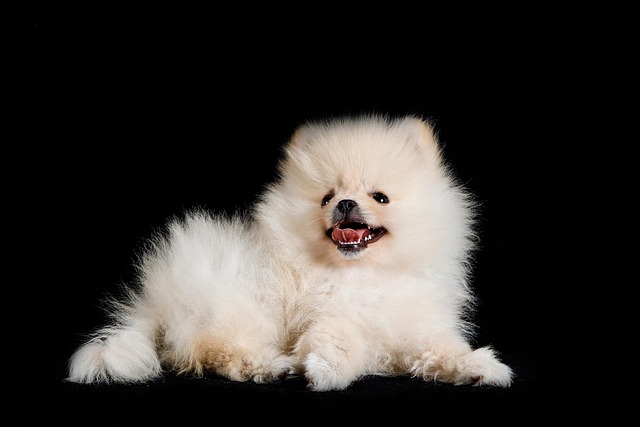
How do i train my dog to be obedient?
Watching your dog dart across the park ignoring your calls isn’t just frustrating—it can put them at risk near busy streets or public spaces.
Pomeranians, with their tiny frames and big personalities, can be tricky to house train—their small bladders mean frequent trips outside, and their stubborn streak might make them test boundaries. A neighbor’s Pom, Loki, took three months to reliably signal when he needed to go; the key, she found, was consistency, not scolding when accidents happened.
Start young if you can, but adult Poms can learn too. Take them out first thing in the morning, after meals, naps, and playtime—set a timer if needed, since puppies under six months can’t hold it for long. Choose a specific spot in your yard or a designated area during walks; the familiar scent will encourage them to go there. When they do, praise them like it’s the best thing you’ve ever seen—enthusiastic “good boy!” and a tiny treat work wonders. Never rub their nose in accidents; it confuses them and builds fear.
Timing matters more than you’d think. Poms thrive on routine, so stick to a schedule for meals and potty breaks. If you live in an apartment, use puppy pads temporarily, but phase them out by moving them closer to the door over time. Remember, many cities have strict laws about cleaning up after your dog—always carry bags, and failing to pick up waste can mean fines. It’s not just polite; it’s often required by local ordinances.
 Watch for signals: pacing, sniffing, circling, or scratching at the door. Teach them a cue, like ringing a bell hung by the exit, by tapping it with their nose before each trip outside. Once they associate the bell with going out, they’ll use it on their own. If accidents happen (and they will), clean the area thoroughly with an enzymatic cleaner to remove odors—otherwise, they’ll revisit the spot. Stay calm; getting upset only makes them hide mistakes, slowing progress.
Watch for signals: pacing, sniffing, circling, or scratching at the door. Teach them a cue, like ringing a bell hung by the exit, by tapping it with their nose before each trip outside. Once they associate the bell with going out, they’ll use it on their own. If accidents happen (and they will), clean the area thoroughly with an enzymatic cleaner to remove odors—otherwise, they’ll revisit the spot. Stay calm; getting upset only makes them hide mistakes, slowing progress.
Patience turns chaos into habit. Some Poms take weeks, others months—breed traits like independence mean rushing won’t help. Celebrate small wins: a successful bell ring, a potty trip without prompting. If struggles persist, check with your vet to rule out health issues like a UTI. With a little persistence, your Pom will learn where to go, making walks more enjoyable and your home cleaner. After all, a well-trained pup is a happy, confident one—and that’s worth every minute of effort.

Watching your dog dart across the park ignoring your calls isn’t just frustrating—it can put them at risk near busy streets or public spaces.

New puppy owners often find themselves rushing to clean up accidents before they set in, and that’s where puppy pad training becomes a game-changer.

If you've noticed your dog's waistline disappearing and your veterinarian has mentioned those few extra pounds, your first instinct might be to simply reduce the amount of food in their bowl.

Training a dog to use a designated spot indoors isn’t as daunting as many new owners fear, but it does take consistency and an understanding of your pet’s needs.

That moment of dread on a walk is all too familiar for many new dog owners. You see another dog approaching down the sidewalk of your neighborhood

If the sight of another dog on your neighborhood walk makes your heart sink as your own dog erupts into a frenzy of barking and lunging, you're not alone.